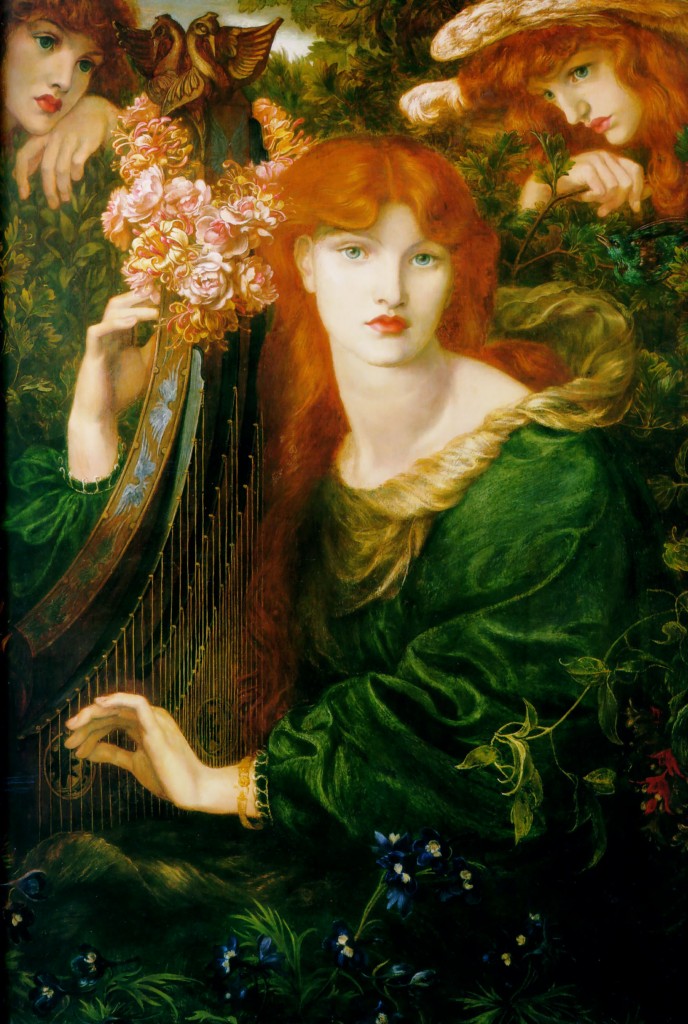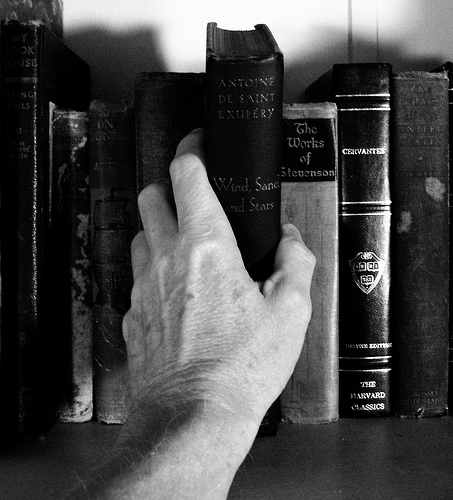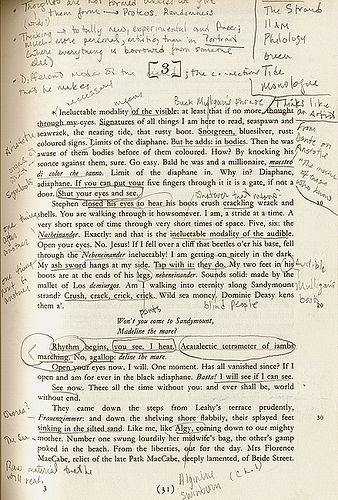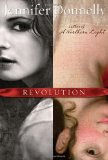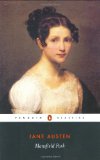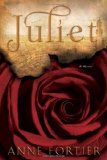Gwenllian opened her eyes and blinked in the blue dawn light. God’s teeth, another May Day, she thought, rubbing her eyes. She heard the faroff crow of a cock. Gwen pulled the wool blanket over her face. It was a tradition in her village, as in so many others, to arrange marriages on May Day. Gwen’s poor uncle Iorwerth had tried—and failed—to arrange a marriage for Gwen these past three years. Gwen sighed. Best to rise and meet the day.
Gwen glanced across the room at her uncle’s empty straw pallet. Of course he would be up and about his business long ere now. Gwen threw off her blanket and trudged out the door. Nervously, she peered down the way. Good, no one in sight. She scampered down the way and broke a few wet, flower-laden branches from the hawthorn tree in front of Huw the miller’s cottage, then rubbed the dewy flowers over her face. She knew it was a silly tradition, bathing in hawthorn flowers—as though May Day dew might bring color to her pale eyes or give her silky, flaxen locks like Tangwystyl had.
Gwen tore a green shoot from the small hazel tree that grew near the cottage and methodically began cleaning her teeth with the twig. One thing Iorwerth always told prospective husbands with pride—“She does have all her teeth.” Once inside, she dressed hastily, grabbed her small harp, and set off for her rock by the lake.
In the middle of the village stood the brightly decorated maypole, mocking her, the symbol of her failure. Gwen scowled as she thought of last year’s disaster. She was to announce her betrothal to Owain the Shepherd. She had had no particular objections to the match, aside from the notion that Owain was about as intelligent as one of his sheep. Still, she had little enough hope of catching another husband. She was seventeen, and the oldest maiden in the village. She had no dowry to offer. But her chief drawback was her temper, or so her mam used to say, and because of her temper, Owain had married Angharad at Lammastide. Angharad was now great with child. And she is a full two years younger than I am, Gwen thought. Gwen shook her head as if to rid herself of the memory.
Soon the maypole dance would begin, but Gwen decided to practice at her harp. Gwen’s harp traveled everywhere with her. She thought her small harp finer in tone and more beautiful in craftsmanship than many of the larger harps played by the bards. Iorwerth had given it to her after her parents had died. She often invented excuses to come to the lake, her favorite place to play.
Gwen had never been far from Llangors, but she could not imagine that a place more beautiful than Llangors Lake existed. Her favorite spot was the massive moss-covered rock, which lay beneath an apple tree, fragrant with apple blossoms and honeysuckle vines. The tree’s limbs seemed to spread across the sky like arms outstretched to the heavens. Soon the water lilies and buttercups would be in full blossom and the dragonflies would be darting among the reeds.
It was hard to believe a full year had passed since that day last spring. Such a rainy day that was, Gwen thought as she began to play her harp. The village had been coated in mud. Owain had plodded toward Gwen as she drew water from the well.
“Gwen, I have a request,” he had said cheerfully, taking the bucket from her hand.
No, do not think on it any longer, Gwen told herself. But the image of Owain sprawled across the ground refused to be pushed from her mind so easily. She had shamed him, unmanned him, and he had said … he had…
She should have cut out his tongue for what he had said. No, the song, she thought. She concentrated on making her fingers pluck the strings. She closed her eyes and there was nothing in the world except her fingers and the sound. In time, Gwen thought she heard the dreamy, faraway strains of a pipe. It must be the maypole dance, she thought with a sigh. She opened her eyes and dropped her harp with a start. There was a pipe, right in front of her, attached to the mouth of a young man with green eyes.
No, sage. His eyes were more of a sage color—gray-green with specks of brown. They turned down slightly in the corners, making him appear somewhat sad. His long golden-brown curls shone like honey with the sun behind him. He looks like one of the Tylwyth Teg, the Fair Folk, Gwen thought. A dusting of fine, unshaven hairs covered his cheeks and chin. He was dressed as a traveler, in a coarse tunic and breeches. His boots were worn and dusty. Though he was crouching, his long limbs disclosed he was a man of considerable height. He was no fairy—he was real.
“Pray continue. I should not have intruded,” he said, his lips curling into a faint smile.
He was familiar. Gwen shaded her eyes and looked more closely. Then she drew her hand to her mouth in shock. It was Owain’s cousin, the minstrel. “I thought you played the harp, Elidyr,” she blurted.
“So you do remember me,” he said with a smile. He reached for her hand and kissed it softly. Gwen felt a blush creep over her cheeks. He had grown taller since she had seen him last.
“Why have you come to Llangors?” Gwen asked. “Surely not to see our pitiful little festival.”
“Why, I came to see you, of course.”
If he does not stop smiling at me, I shall melt in a puddle at his feet, Gwen thought.
“Why did you not come to Owain’s wedding?” she asked.
“I was still under the mistaken impression that he was wedding you—and I hated to see such a beautiful, charming creature wasted on Owain,” Elidyr said with a wink.
He had not changed, thought Gwen. Curse his silver tongue. “You have not been seen about for some time. Where have you been wandering?” Gwen asked, changing the subject.
“All over Wales. I have been playing with a troupe of minstrels. Have you made your garland yet?”
Gwen shook her head. “I intend to stay here until the revels are over. I want no part of them.”
“What? You would miss the maypole dance? Who will they choose for Queen of May if you will not dance? Come, now, Gwenllian, let me help you.” Elidyr began picking wild purple orchids.
“What are you doing?” asked Gwen.
“You need a garland, do you not?” Elidyr said with a smile. Gwen could only nod dumbly in reply. “Well, help me find some flowers.”
Gwen pulled a vine of honeysuckle from a lowhanging branch. She inhaled deeply. How she loved the scent of honeysuckle. Gwen wove Elidyr’s orchids around the honeysuckle vine. She held the finished product at arm’s length and examined it for flaws. She brushed the leaves and stems from the skirt of her kirtle. Elidyr took the garland and placed it atop Gwen’s mass of unruly, red curls. His fingertip brushed Gwen’s ear. Gwen blushed.
Elidyr grinned broadly. “Tell me why my foolish cousin did not wed you.”
Gwen stood abruptly and grabbed her harp. “I would rather not discuss it,” she said.
Elidyr laughed. It was not possible he knew … was it? “You served him justly, Gwenllian. He should never have made such a request,” Elidyr said.
“I should not have shamed him so,” Gwen said quietly. Owain’s jaw had hardened and his neck grew red. “You’re to be my wife,” Owain had said quietly. “And you will obey me. You’ll do as I ask, you stubborn wench!”
And then she had done it, in front of the whole village, she had done it. It was as though her hands had moved of their own accord, colliding violently with his chest. Before Owain could collect his wits, he was sprawling in a manure pile, bravely trying to ignore the giggling maids at the nearby well. She had turned on her heel and stalked off, water sloshing from her bucket. And then he called after her…
“Gwen? Hello,” said Elidyr waving his hand in front of her face. “Did you hear what I said?”
“I am afraid my mind was … elsewhere,” Gwen said.
“I was saying that Owain should never have asked you to sell your harp. And for what? More sheep?”
Gwen smiled. “You understand,” she said. “My uncle did not. He told me it was such a simple request and that I should have done as Owain asked.”
“We must hurry. I hear music,” Elidyr said. He bounded off toward the village. For a moment, Gwen watched his honey-colored curls slap against his back, then followed him.
From A Question of Honor available via Kindle, Kindle UK, and Lulu.
